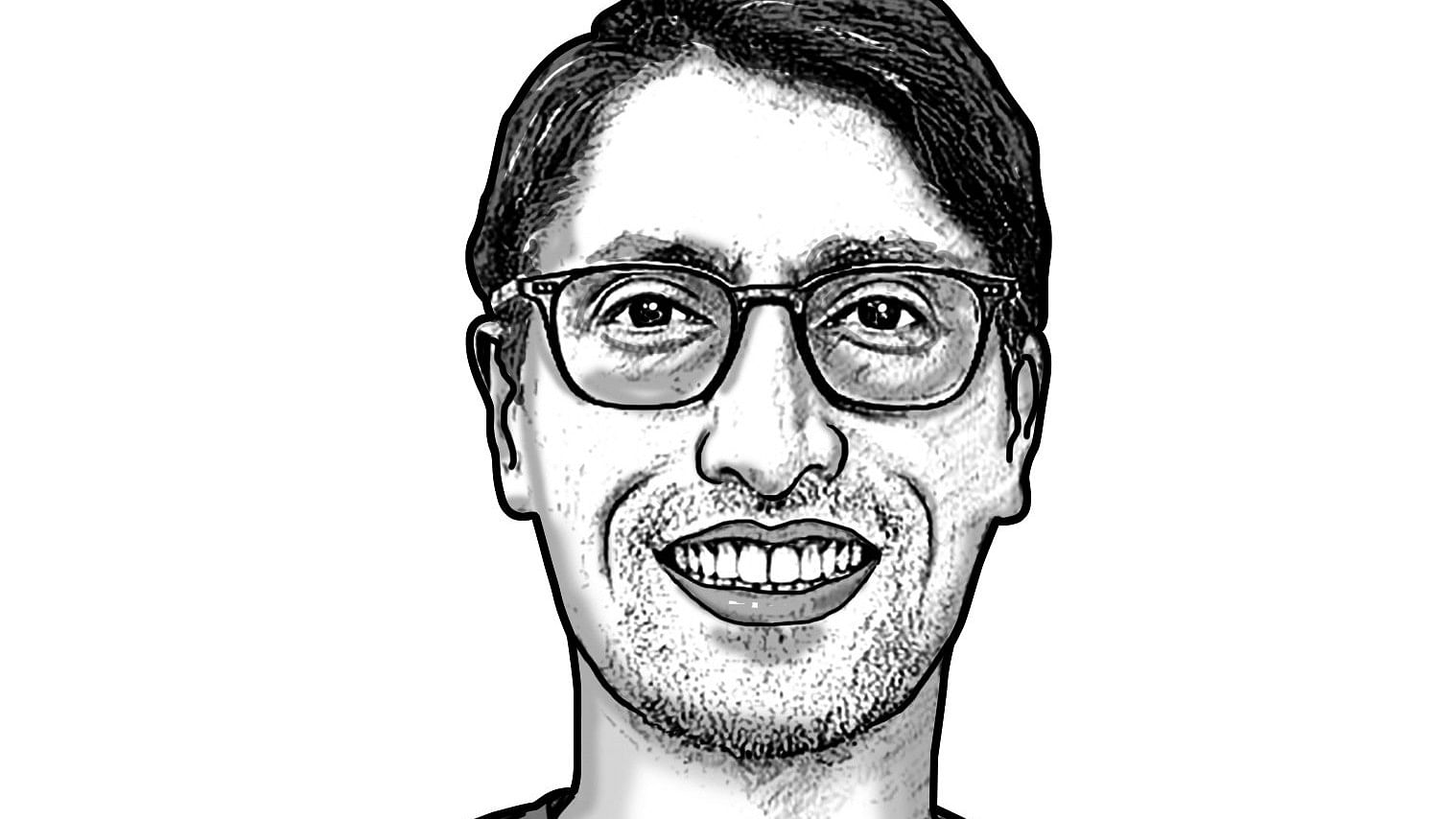
Aakash Singh Rathore as Dr Jekyll is a Professor of Philosophy, Politics and Law, author and editor of over 20 books and counting, and as Mr Hyde, one of India’s top-ranking Ironman triathletes.
Writers, journalists, academics around the world await the decision of the UK High Court on the extradition of Wikileaks founder Julian Assange to the US. He has already spent five years in a high-security British prison, despite not having been convicted of any crime. If extradited, he will face a further 175 years in jail in the US for espionage and a patchwork of charges that critics allege is nothing but punishment for impactful investigative journalism -- retaliation by the US government for Assange’s exposure of their own criminality.
Critics -- and most journalists and writers -- argue that Assange’s actions should be protected by the First Amendment of the US Constitution, guaranteeing freedom of speech and of the press. But, of course, freedom of speech is always and everywhere subject to limitation, as any academic here in India can readily attest. Our albatross tends to be sedition, not espionage, and the increasingly broad use and abuse of IPC 295A on religious sentiments. It has gotten to the point where nearly every academic colleague I met during my recent stint teaching at a couple of Indian universities cautioned me about speaking too freely in the classroom, lest my words be taken out of context and I find myself subject either to cancellation by the Left, or to an FIR by the Right.
So…self-censorship, then? Not exactly. It’s subtler than that. It’s what the 20th-century political philosopher Leo Strauss dubbed ‘the art of writing’.
But wait. Normally, by this time in my articles, I’ve cued up some music. So, let’s listen to the inimitable and subversive Serge Gainsbourg’s 1968 cult classic ‘Bonnie and Clyde’, featuring Brigitte Bardot:
Vous avez lu l’histoire/De Jesse James
Comment il vécu/Comment il est mort
Ça vous a plus hein/Vous en demandez encore
Et bien/Écoutez l’histoire
De Bonnie and Clyde
In his widely-ignored 1952 masterpiece “Persecution and the Art of Writing”, Leo Strauss argued that political philosophers have always been subject to persecution, whether by religious or by State authorities, for speaking and publishing the truth. Strauss’ archetype was Socrates, put to death -- in a democracy, no less -- for the crimes of ‘sedition’ and ‘hurting religious sentiments.’ But there have been a countless number since Socrates (Galileo, Bruno, Spinoza, Fichte…), right up to the McCarthy era in the US, when and where Strauss published his own book on the persecution of truth-tellers.
The persecution of scholars, writers, journalists for their exercise of free speech has not been an anomaly throughout the history of democracies, but the norm. Thus, Strauss suggests, the more subversive the writer, the more she has needed to deploy an ‘art of writing’: diverse techniques for saying what you want to say between the lines; for example, by putting your own teaching into the mouths of others whom you pretend to be merely exegetically expounding; or, for example, by writing dialogue where the author places the risky speech into the mouths of her dramatic characters, so that the author herself cannot be accused of having said those things. Strauss seems to suggest that it might have been the Sophists in Platonic dialogues that were teaching the true, but too dangerous, things. It might have been the crude clowns and bawdy jesters in Shakespeare’s plays that were transmitting what the author really wanted to say but couldn’t for fear of persecution. The criminals of stories were often its true heroes.
Moi lorsque j’ai connu Clyde autrefois/
C’était un gars loyal, honnête et droit/
Il faut croire que c’est la société/
Qui m’a définitivement abimée
Like Strauss, I myself believe that in the long history of stiflingly orthodox Indian philosophy, the practice of poorva paksha (i.e., steelmanning your ideological opponent’s argument) permitted Indian philosophers to openly espouse or publish dangerously heterodox and subversive ideas under cover of an aim to disprove them. This may be an art that today’s academics, journalists, writers and public intellectuals need to relearn – not in spite of living in a democracy, but precisely because of it.
De toute façon, ils ne pouvaient plus s’en sortir/
La seule solution c’était mourir/
Mais plus d’un les a suivis en enfer/
Quand sont morts Barrow et Bonnie Parker